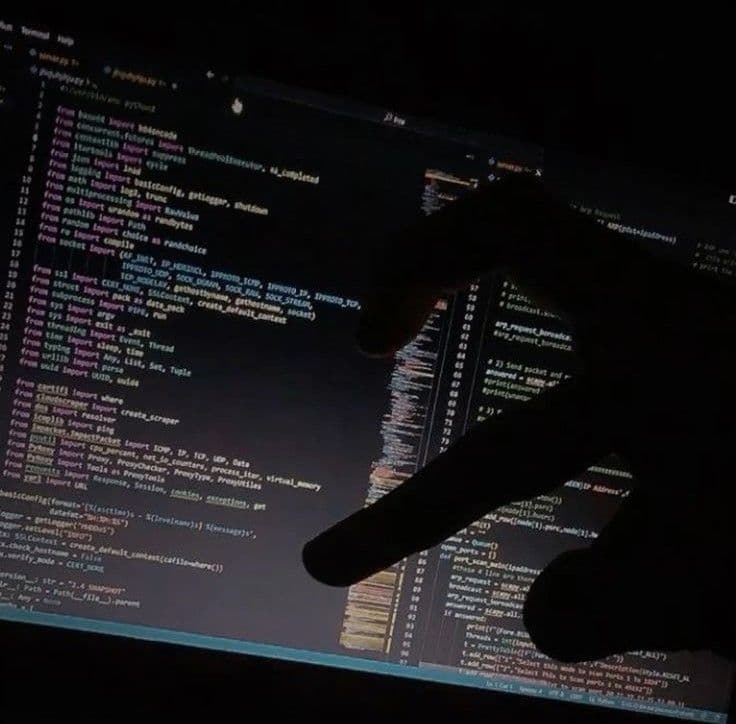What is Coding?


Haroon Rasheed
Ambitious Web Developer Haroon Rasheed, a talented web developer from Tando Adam, excels in HTML, CSS, JavaScript, TypeScript, ReactJS, and Next.js. He has worked on blogs, eCommerce sites, and block-based designs, focusing on user-friendly features. Now, he's learning Python and SQL to achieve his goal of becoming a full-stack developer. Haroon is passionate about freelancing and aims to provide top-quality services on platforms like Fiverr while continuously refining his skills.
Published on: 1/27/2025
What is Coding?
Coding, also known as programming or software development, is the process of writing instructions for a computer to perform specific tasks. These instructions are written in programming languages, which the computer can understand and execute.
How Coding Works
When you write code, you're essentially giving the computer a set of instructions on how to solve a problem or accomplish a task. These instructions could be simple (like adding two numbers) or complex (like running a video game or building a website). The code tells the computer what actions to take, in what order, and under what conditions.
Popular Programming Languages
- Python: Known for its simplicity and readability, Python is used for web development, data analysis, artificial intelligence (AI), and automation.
- JavaScript: A core language for web development, used to create interactive websites and applications.
- Java: A widely-used language for building large-scale applications, Android apps, and enterprise-level systems.
- C++: An extension of C that is used in game development, high-performance computing, and system software.
- HTML/CSS: HTML is used to structure web content, while CSS is used to style it (e.g., layout, colors).
- Ruby: Known for its simplicity and used in web development, especially with the Ruby on Rails framework.
- Swift: Apple's programming language for building iOS and macOS applications.
Types of Coding
- Front-End Coding: This refers to coding the parts of a website or application that users interact with (e.g., buttons, layouts, text). Front-end languages include HTML, CSS, and JavaScript.
- Back-End Coding: This refers to the coding that happens on the server side of a website or application. It involves databases, server logic, and the functionality behind the scenes. Common back-end languages include Python, Ruby, PHP, and Java.
- Full-Stack Coding: Full-stack developers handle both front-end and back-end development, giving them the skills to build complete web applications.
- App Development: Coding for mobile apps, including those for iOS and Android. This often involves languages like Swift (for iOS) or Kotlin (for Android).
Key Concepts in Coding
- Variables: Store values (numbers, text) that your program can use and manipulate.
- Loops: Allow you to repeat a set of instructions until a certain condition is met (e.g., for loops, while loops).
- Functions: Blocks of reusable code that perform specific tasks.
- Conditional Statements: Used to make decisions in code (e.g., if-else statements).
- Arrays/Lists: Store multiple values in a single variable.
- Objects: Collections of properties (data) and methods (functions) that are related to each other.
Applications of Coding
- Web Development: Building websites and web applications.
- Game Development: Creating video games for various platforms.
- Software Development: Writing programs for desktop or mobile platforms.
- Automation: Creating scripts to automate repetitive tasks, such as data entry or file management.
- Data Science: Analyzing data and making predictions with the help of coding.
Why is Coding Important?
- Problem Solving: Coding teaches you how to break down complex problems into smaller, manageable steps.
- Innovation: Coding enables you to create new tools, websites, apps, and games.
- Career Opportunities: With tech playing a big role in the world today, coding skills open up many career opportunities in fields like web development, software engineering, data analysis, and AI.
- Automation: Coding can automate repetitive tasks, saving time and increasing efficiency.
Conclusion
In essence, coding is about writing a series of instructions that tell a computer what to do. It is used to create software, websites, apps, and even tools that help people solve problems, make tasks easier, or entertain. Whether you're building the next social media app or creating a machine-learning model, coding is at the heart of the digital world.